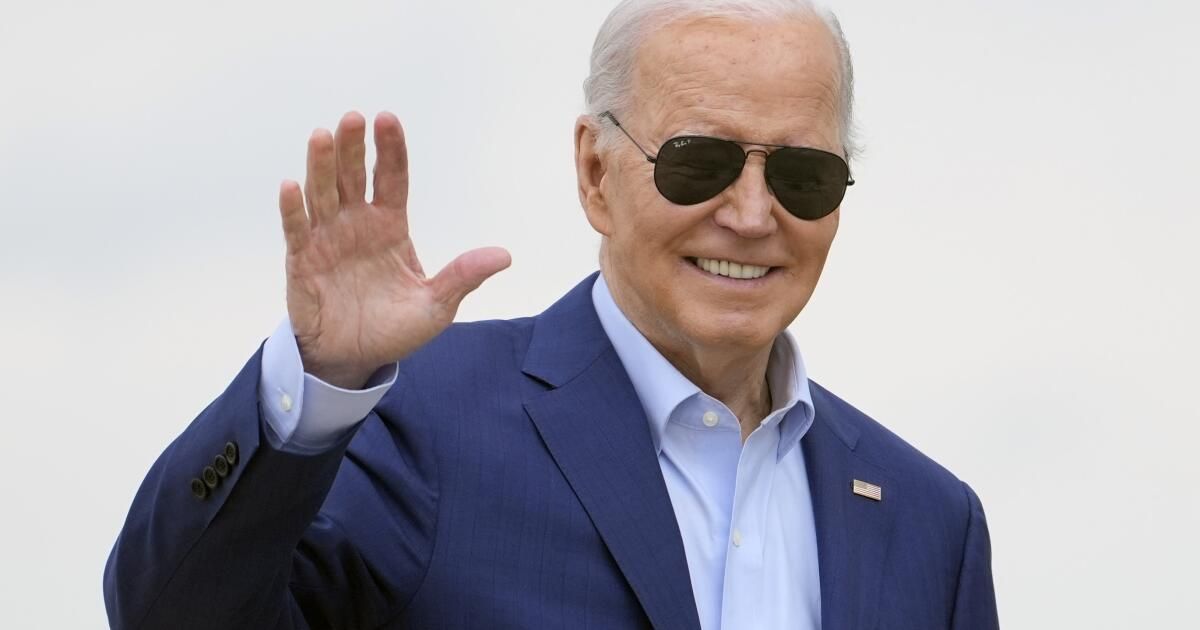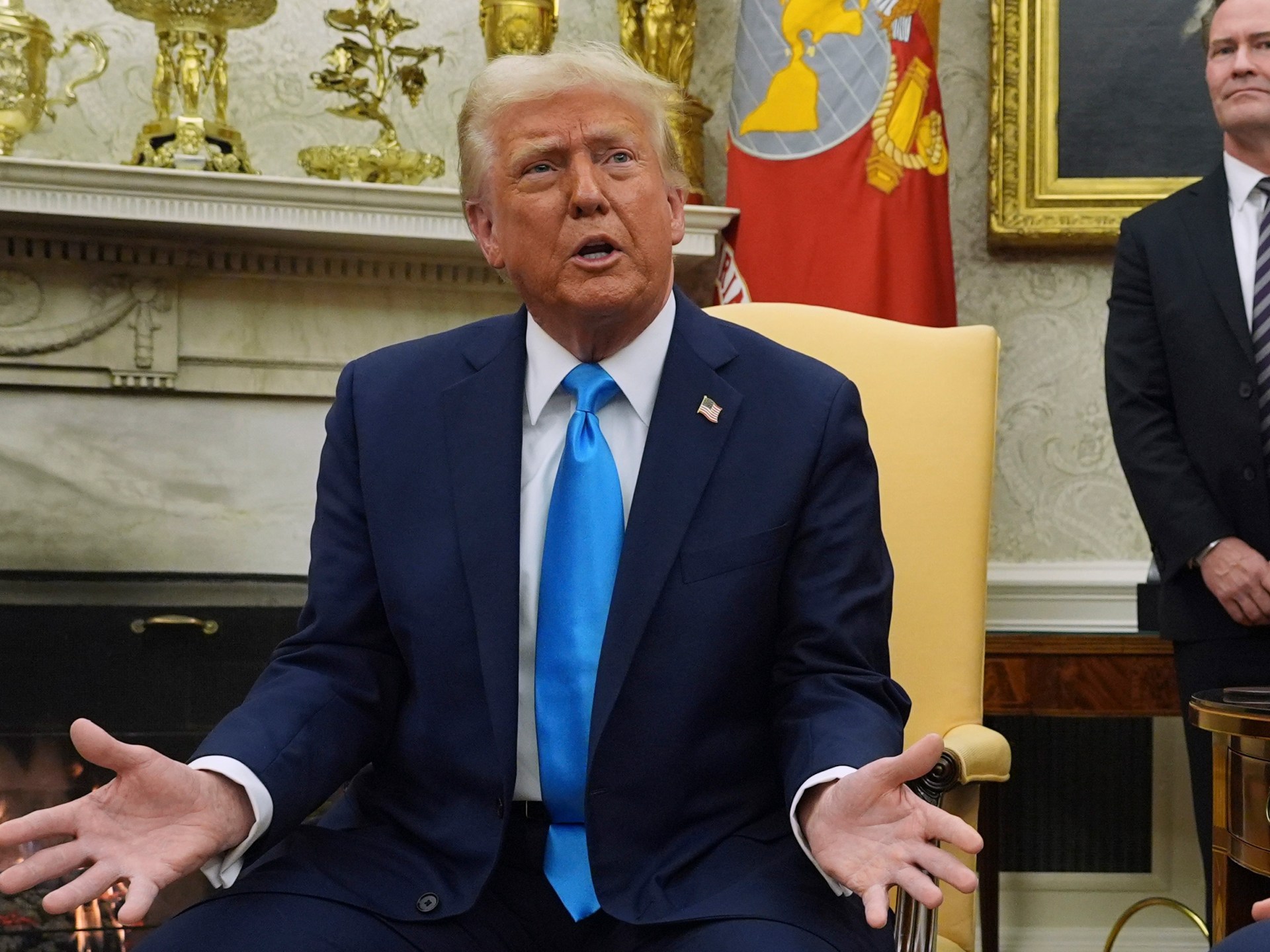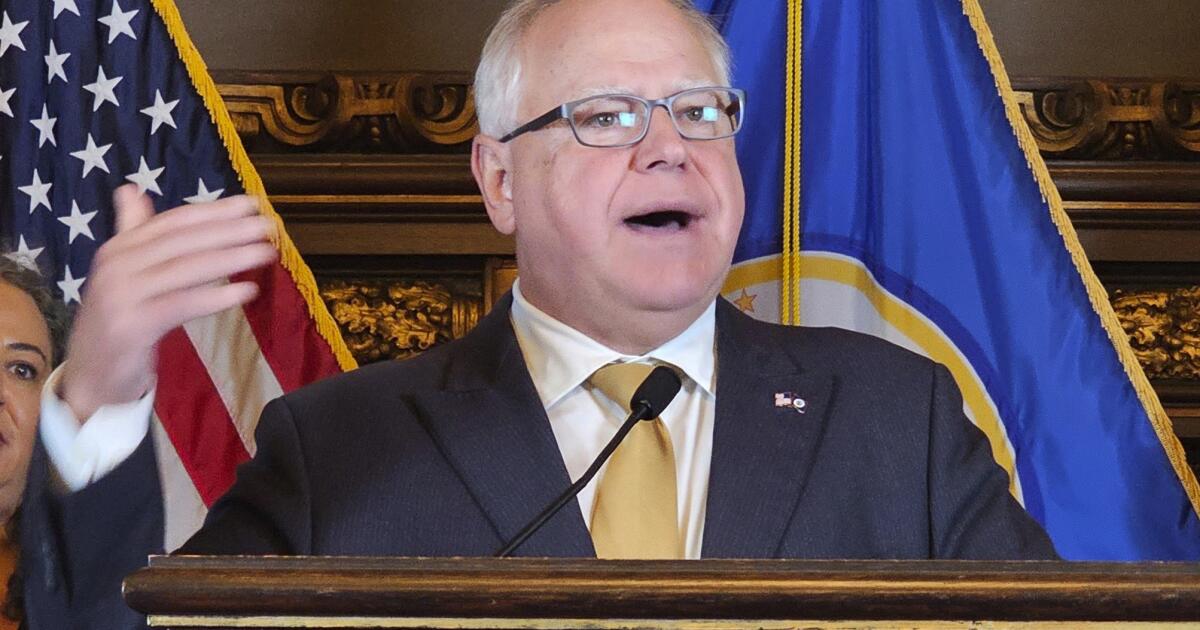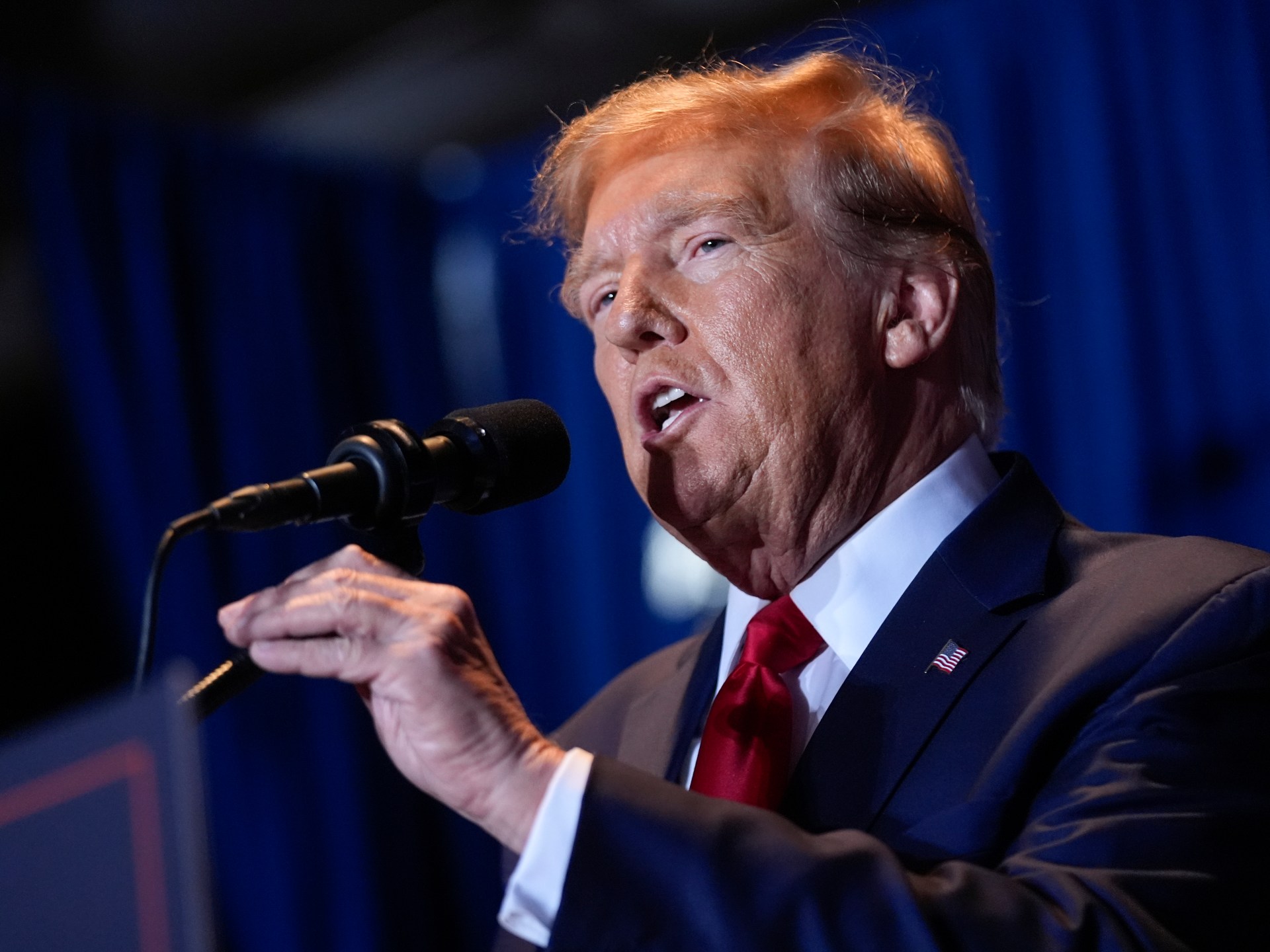For two weeks, former President Trump has been locked up in a Manhattan courtroom accused of falsifying records to hide payments to a porn actress.
“I should be in Georgia right now. I should be in Florida right now. “I should be in a lot of places campaigning right now,” Trump roared last week.
While stuck in court, he complained, President Biden was giving speeches in Pennsylvania, Virginia and Florida.
“We're locked in a courthouse and this guy is out there campaigning,” Trump complained.
The former president is often accused of making things up, but this time he told the truth.
Biden may be 81 years old, but right now he's campaigning with the energy of a 76-year-old.
Some presidents resort to a “rose garden” strategy when running for re-election, hoping that the backdrop of the White House will boost their popularity. Biden has taken the opposite tack: partly to show that he is vigorous enough to do the job, a campaign aide said, but also to convince voters of what he wants to do in a second term.
Last month I wrote several columns about what Trump has promised to do if he takes back the White House: a list that includes deporting millions of immigrants without legal status, reversing efforts to curb climate change and repealing the federal health insurance program known as Obamacare.
So I guess I owe readers a column about the promises Biden is making: What does he hope to deliver if he wins a second term?
Part of the answer is not surprising. In a second term, Biden says, he wants to “finish the job”: implement the economic and environmental programs that Congress passed in his first term and then try to pass several more.
Last month, he laid out an ambitious wish list in his State of the Union address. He has now brought that unashamedly progressive agenda to the election campaign.
In a second term, Biden says, he would raise taxes on corporations and high-income earners, meaning anyone earning more than $400,000 a year. He says he would use some of the new revenue to reduce the federal deficit and the rest to fund a long list of programs, including an expanded child tax credit, a $10,000 tax credit for first-time home buyers, and family and medical leave. and universal license. preschool education.
“Imagine a future with affordable child care, paid leave, home care, senior care and more, just like everyone else. [other] most important country in the world,” he said in a speech in Scranton, Pennsylvania.
Of the country's billionaires, Biden said: “They don't pay enough taxes.”
That vision of big government received praise from progressives, including Vermont Sen. Bernie Sanders and Rep. Alexandria Ocasio-Cortez of New York. It may have less appeal to fiscally conservative independents and moderate Republicans, voters Biden is trying to attract to form a broad anti-Trump coalition.
Even for progressives, such proposals should come with a warning label: A second-term Biden would find it difficult to pass them in Congress unless Democrats win solid majorities in both the House and Senate, an outcome that seems unlikely.
The president's stump speech includes other priorities that can appeal to broader audiences.
One is the right to abortion. The president has promised to seek new legislation to protect women's rights to abortion in every state.
“I will restore Roe v. Wade as the law of the land,” he promised in his State of the Union address.
“In our opinion, this is the most decisive issue of the election,” a Biden campaign aide told me, speaking on the condition of not being identified by name because he was not authorized to speak on the record. The president traveled to Florida last week to denounce that state's new ban on abortions after six weeks of pregnancy, and he will likely soon travel to Arizona to denounce the 1864 abortion law that the state Supreme Court recently revived. .
But codifying Roe v. Wade into federal law is another promise that's easier said than done. Passing such a law would require at least 60 votes in the Senate or a decision to suspend the filibuster rule.
A third pillar of Biden's campaign should be easier to fulfill if he wins: his promise to protect the nation's democratic institutions from Trump, who has said he would order the Justice Department to prosecute his political opponents if he returns to the House. White.
“Democracy is on the ballot,” Biden frequently says, warning that when Trump muses about governing as a dictator, “he means it.”
Anti-Trump voters who don't love the rest of Biden's program should vote for him, the president suggests, “not because I'm running… but on the contrary. What happens if we lose this election?
The president's campaign strategists say they hope those issues can persuade voters to put aside their disappointment with Biden's economic record, especially his inability to rein in high prices, and focus on their misgivings about Trump.
“A big part of the campaign, right now, is making sure voters understand the choice they face: that one of the two people on the ballot will actually be president next year,” the Biden aide said.
And they maintain that their strategy is beginning to work, as evidenced by the fact that recent national polls have shown the race narrowing toward a virtual tie.
“The momentum is clearly in our favor,” Biden said in Tampa, Florida, last week. “People are starting to listen.”
But that optimistic forecast should come with a caveat. A presidential election is won with electoral votes, not popular votes, and Biden is trailing in most of the six or eight “swing states” that will decide that race.
Biden has offered an unashamedly progressive vision for how he would govern in a second term. But he is still a long way from winning four more years in the White House, not to mention the large majorities in Congress he would need to turn those ambitious proposals into law.












